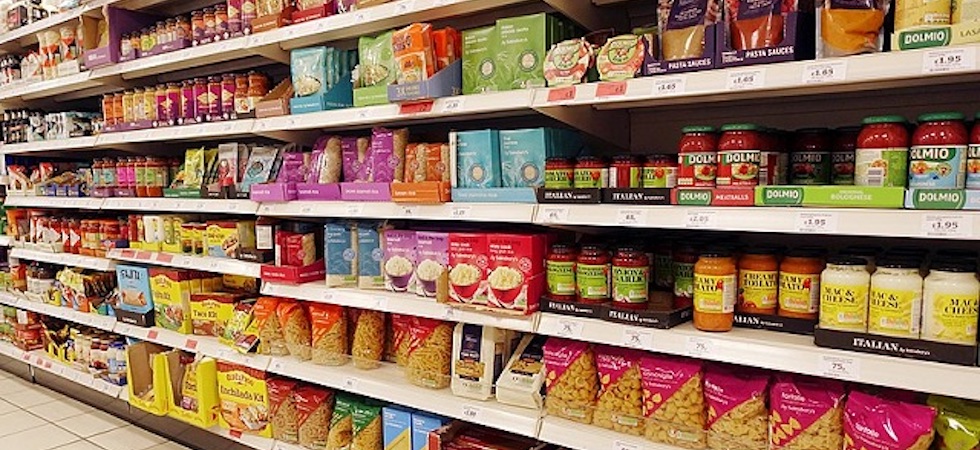A survey of 2,000 UK adults has found that sustainability concerns are a priority for consumers when it comes to the weekly grocery shop.
The survey was commissioned by media agency Hearts & Science through YouGov for the agency’s latest Forces of Change report, a study into the growth of conscious consumerism.
According to the report, one in five UK consumers (21%) have consciously stopped buying a particular brand or product because of concerns over its impact on the environment, and those concerns peak when it comes to the weekly grocery shop.
A third of shoppers, Hearts & Science stated, plan to spend more on eco-friendly FMCG products this year.
Among other findings, the survey also noted:
- 62% of people thought a brand’s sustainability creds were important when buying food and drink.
- a fifth of respondents (22%) said they regularly choose eco-friendly products over less sustainable equivalents, and 48% said they do so sometimes
- more than a third (36%) of shoppers say they’ve stopped buying from a food and drink brand due to its lack of eco-credentials.
In addition, the study also stated that around a third of consumers say they plan to spend more on eco-friendly products in FMCG categories this year (32% for food and drink), compared to the previous 12 months.
“Customers want to see evidence”
Simon Carr, chief strategy officer at Hearts & Science, said: “UK shoppers are already voting with their wallets when it comes to eco-friendly groceries. It’s not just that they’ll choose products and brands that have the best green credentials, they’ll actively stop buying those that don’t.
“FMCG brands need to be smarter in how they demonstrate their concern for the environment and can no longer get away with paying lip service. Savvy consumers want to see evidence that their shopping habits aren’t hurting the world around them, or they’ll go elsewhere.”
“A clear opportunity”
Garrett O’Reilly, managing director of Hearts & Science, said: “There is now a groundswell of support towards sustainability among consumers. If grocery brands fail to address this, they are failing their customers and society more generally, especially as the research shows that products in the FMCG category are at the forefront of the drive towards sustainable shopping. This gives the grocery sector a clear opportunity to capitalise on the green demand and encourage consumers to make smarter choices.”
He continued: “It’s not idealistic to be green: it makes good business sense. Mark Carney, the former Governor of the Bank of England, has said that firms ignoring the climate crisis will go bust. It’s the progressive companies that will be able to step in to take their place. The question should then be, what more do grocery businesses risk if they don’t embrace sustainability?”









